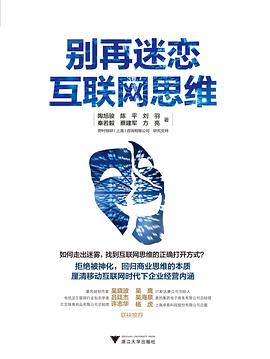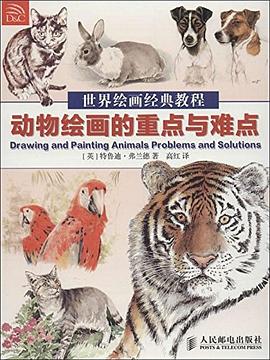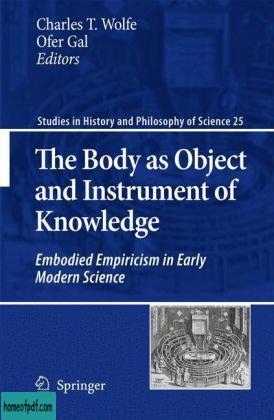The Body as Object and Instrument of Knowledge: Embodied Empiricism in Early Modern Science 电子书下载
It was in 1660s England, according to the received view, in the Royal Society of London, that science acquired the form of empirical enquiry we recognize as our own: an open, collaborative experimental practice, mediated by specially-designed instruments, supported by civil discourse, stressing accuracy and replicability. Guided by the philosophy of Francis Bacon, by Protestant ideas of thisworldly benevolence, by gentlemanly codes of decorum and by a dominant interest in mechanics and the mechanical structure of the universe, the members of the Royal Society created a novel experimental practice that superseded former modes of empirical inquiry, from Aristotelian observations to alchemical experimentation.This volume focuses on the development of empiricism as an interest in the body – as both the object of research and the subject of experience. Re-embodying empiricism shifts the focus of interest to the ‘life sciences’; medicine, physiology, natural history. In fact, many of the active members of the Royal Society were physicians, and a significant number of those, disciples of William Harvey and through him, inheritors of the empirical anatomy practices developed in Padua during the 16th century. Indeed, the primary research interests of the early Royal Society were concentrated on the body, human and animal, and its functions much more than on mechanics. Similarly, the Académie des Sciences directly contradicted its self-imposed mandate to investigate Nature in mechanistic fashion, devoting a significant portion of its Mémoires to questions concerning life, reproduction and monsters, consulting empirical botanists, apothecaries and chemists, and keeping closer to experience than to the Cartesian standards of well-founded knowledge.These highlighted empirical studies of the body, were central in a workshop in the beginning of 2009 organized by the unit for History and Philosophy of Science in Sydney. The papers that were presented by some of the leading figures in this area are presented in this volume.
尊敬的读者:
欢迎您访问我们的网站。本站的初衷是为大家提供一个共享学习资料、交换知识的平台。每位用户都可以将文件上传至网盘并分享。
然而,随着用户上传的资料增多,我们发现部分不宜或版权问题的书籍被分享到了本站。
为此,我们已经关闭了分享入口,并进行了多次书籍审查,但仍有部分内容未能彻底审查到位。
在此,我们恳请广大读者与我们共同监督,如发现任何不宜内容,请 点击此处 进行举报,我们会第一时间处理并下架相关内容。
希望我们能共建一个文明社区!感谢您的理解与支持!
猜你喜欢
- 《我爱这哭不出来的浪漫》严明文字版 电子书下载
- 《Rootkit:系统灰色地带的潜伏者(第2版》扫描版 电子书下载
- Microservices in .NET 2nd Edition - Christian Horsdal Gammelgaard 电子书下载
- 《生活需要仪式感》 李思圆全新修订版 电子书下载
- 《巴芒演义:可复制的价值投资》唐朝文字版 电子书下载
- 《估值》(美)埃斯瓦斯·达莫达兰 电子书下载
- 《今天,你更博学了吗》张宇识文字版 电子书下载
- 《爱,就注定了一生的漂泊》刘墉修订版 电子书下载
- 《资本论》(德)马克思文字版 电子书下载
- 《夜旅人》赵熙之 电子书下载
- 《工作简报英语 看这本就够了》张玛丽扫描版 电子书下载
- 《敢问路在何方:我的30年西游路》杨洁珍藏版 电子书下载












